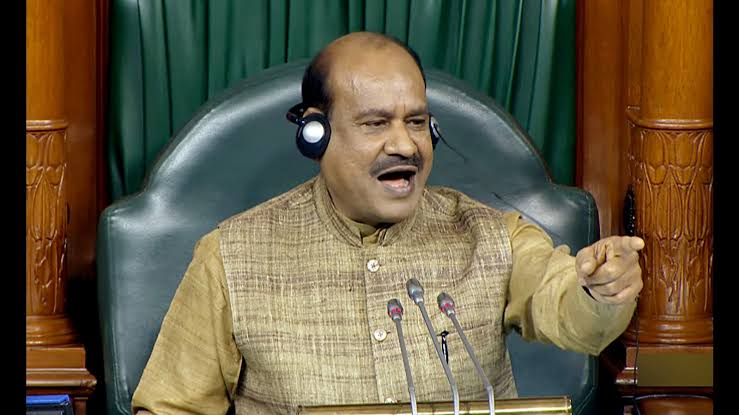
The 17th lok sabha concluded its last session with the passage of the motion of thanks on the ram Temple, marking the end of a 58-month tenure that was both controversial and historic. The lok sabha, under Speaker Om Birla, faced accusations of dictatorial conduct and witnessed the passing of significant bills such as women's reservation, Article 370, and three agricultural laws.

Om Birla, who made headlines for allegations of running the lok sabha in a dictatorial manner, faced criticism for actions like switching off microphones, lack of coverage on lok sabha TV, and unilateral actions against MPs. During his tenure, Birla even refused to sit on the Speaker's chair temporarily.
In his last address to the lok sabha, prime minister Narendra Modi praised Birla, commending him for guiding the house in a balanced and impartial manner. Despite the controversies, Birla's smile and leadership were acknowledged by the Prime Minister.
However, Birla's tenure faced challenges, including the failure to conduct the election of the Deputy Speaker, a rarity in the history of the Lok Sabha. The absence of a Deputy Speaker, responsible for presiding over the house in the Speaker's absence, raised concerns. The 17th lok sabha worked for about 1300 hours over the five years, facing disruptions and challenges, particularly during the COVID-19 pandemic.
Birla's term saw the passing of major bills but was marred by reduced debate and seating. Security lapses, microphone shutdowns, and allegations of protecting certain leaders added to the controversies. Despite the challenges, prime minister Modi claimed that the 17th lok sabha had laid the foundation for a better India, indicating that the impact of its work would be realized in the future.




 click and follow Indiaherald WhatsApp channel
click and follow Indiaherald WhatsApp channel